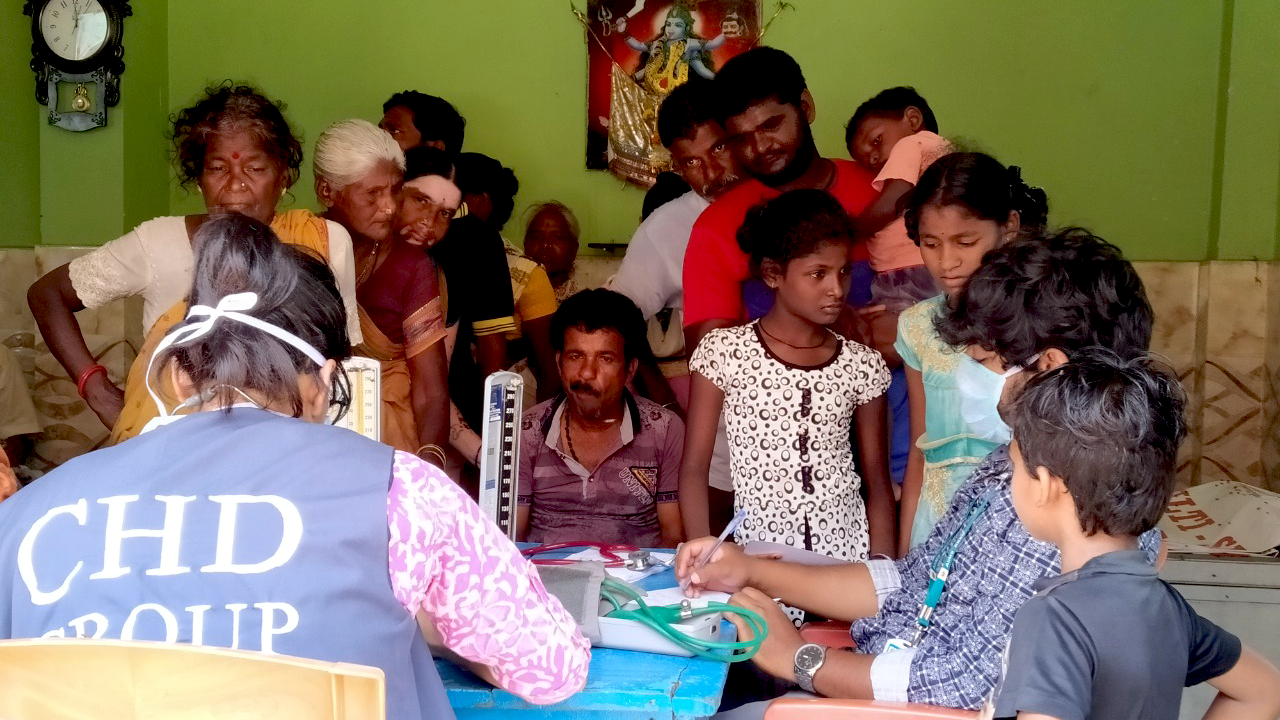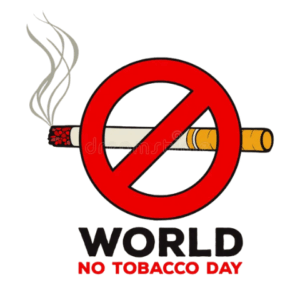Building community resilience calls for understanding how systemic risks influence policy outcomes and why existential gaps need to be plugged to tackle the nexus of public health consequences – extreme weather events and natural disasters. The pandemic has exposed the fault-line threadbare which imposes new questions and also calls for an amendment to the Disaster Management Act 2005.
As per UN estimates, India loses USD 10 billion due to natural disasters every year. This loss is a water shed moment for developmental dialogues. Climate change has painted not just an environmental crisis but also a health crisis for which India’s public health workforce and clinical workforce have limited knowledge and worse still no preparedness.
Modern medicine & doctors
Modern medicine has advanced worldwide, but other than a small chapter in community medicine, there is barely anything that exposes the medical community to disaster preparedness, vulnerability assessment and surge capability handling. Practicing medicine with limited resources is an unheard discussion for physicians-in-training and medical college hospitals who are system dependent and have not been able to apply moral prescriptions nor investments necessary to address this growing threat. We prepare doctors to treat patients, but we don’t prepare doctors to heal communities, build resilience and boost safety nets through social health initiatives. Infact, if a survey is done today, over 70% MBBS students will not even know what is public health and that is not a desired reality of an India poised to take on the world. The National Medical Commission has failed to build an intergenerational solidarity in the policy making component and hence will not be best suited to bring revamp in medical education needed to meet the challenges of a new age. The conversation of modern medicine and humanitarian crisis must serve to educate how epidemiology in disasters must be handled, solutions for nutrition in crisis, dead body management, shelter in crisis, mental health in peacetime and also in disaster time, displaced communities and reproductive service and family health micro-level issues.
The stark reality of climate crisis and its seepage into medical education is something that has not yet made formal entry into textbooks & medical curriculum. How climate change influences infectious diseases, aggravates non communicable diseases and compromises well-being is little known to physicians -in training and India’s future medical workforce.
Tackling the nexus
The nexus of disaster – climate – health affects families, paralyzes human health by aggravating diseases and also overwhelms hospitals during a humanitarian crisis. If that is not enough it also affects the elderly, those with disability and also families with children in community settings. The deadly combination stretches gender disparities in rural areas and in informal urban settlements also compromising access to education, clean water and affecting food security. Global strategic frameworks around the WHO’s International Health Regulations have contributed to support national response capabilities to an extent. But this is heavily dependent on how national health diplomacy is orchestrated and how internal social health functions at sub-national levels. The spotlight on biological risks emerged after the rise of SARS, MERS, Nipah, Ebola, COVID-19 and finally monkeypox. But practitioners of the trade continue to function in isolated capacities and hence the Adaptation Gap report went without mainstreaming public health and loss and damage thematic conversations in the climate space have not yet appreciated the need to mainstream a public health in all conversation agenda.
Amending the Disaster Management Act 2005
India’s DM Act 2005 needs to be amended by Parliament to ensure multi-hazard risk informed planning is executed at every state level which demands compliance at every district. The DM Act 2005 has not yet been fully implemented by all States in the country, barring a few exceptions and if done at some places for theoretical purpose, they have no real-world value. Disaster Management Plans existing at the State level and district level lack domain expertise in addressing systemic risks and have no multi-sectoral approach to it. The District Hospitals around the country have limited ability to address surge capacity and the existing staff have no clue on what is humanitarian crisis. The DM Act 2005 has a huge role to play in ensuring safety and national security not just at a national level but also across and between states and borders. The starting point to address the disaster – health – climate riskscape is to roll out new algorithms that work to converge stakeholders across domains.
Towards building a risk informed resilient society
We have in our hands the lives of 1.39 billion people who remain at-risk to the triggers of climate induced health outcomes that needs to be safeguarded and protected. India’s social policy mechanisms and workspaces need to invest sizeably towards models of preparedness and inclusion where at-risk communities are protected, oriented to the hazards that co-exist in the geographies that surround them and also the systemic vulnerability that communities stand exposed towards. Decoding the web of global policies laid out with the Paris Agreement, Sendai Framework, Bangkok Principles need to be dissected at district levels across the nation through skilled and proficient practitioners of the craft, not by deputy commissioners who defacto assume incident commander responsibility for the chair they hold.
After having done that, a detailed risk management plan must be laid out which can be incorporated as a guiding dictum to the District Disaster Management Plan and the State Disaster Management Plan through which a long term vision of securing India’s natural vulnerability is plugged and an efficient system established to build resilient communities which can be showcased as a best practice for other countries to emulate and embrace.
About the author:
Dr. Edmond Fernandes heads the Center for Community Resilience & Social Health (CCRSH) – an initiative under the Edward & Cynthia Institute of Public Health – a unit of CHD Group. He can be reached on office@edmond.in
Dr. Edmond Fernandes is the CEO, CHD Group, India Country Office & Honorary Director - Edward & Cynthia Institute of Public Health
-
Dr Edmond Fernandeshttps://eciph.in/author/dr-edmond-fernandes/
-
Dr Edmond Fernandeshttps://eciph.in/author/dr-edmond-fernandes/
-
Dr Edmond Fernandeshttps://eciph.in/author/dr-edmond-fernandes/
-
Dr Edmond Fernandeshttps://eciph.in/author/dr-edmond-fernandes/





